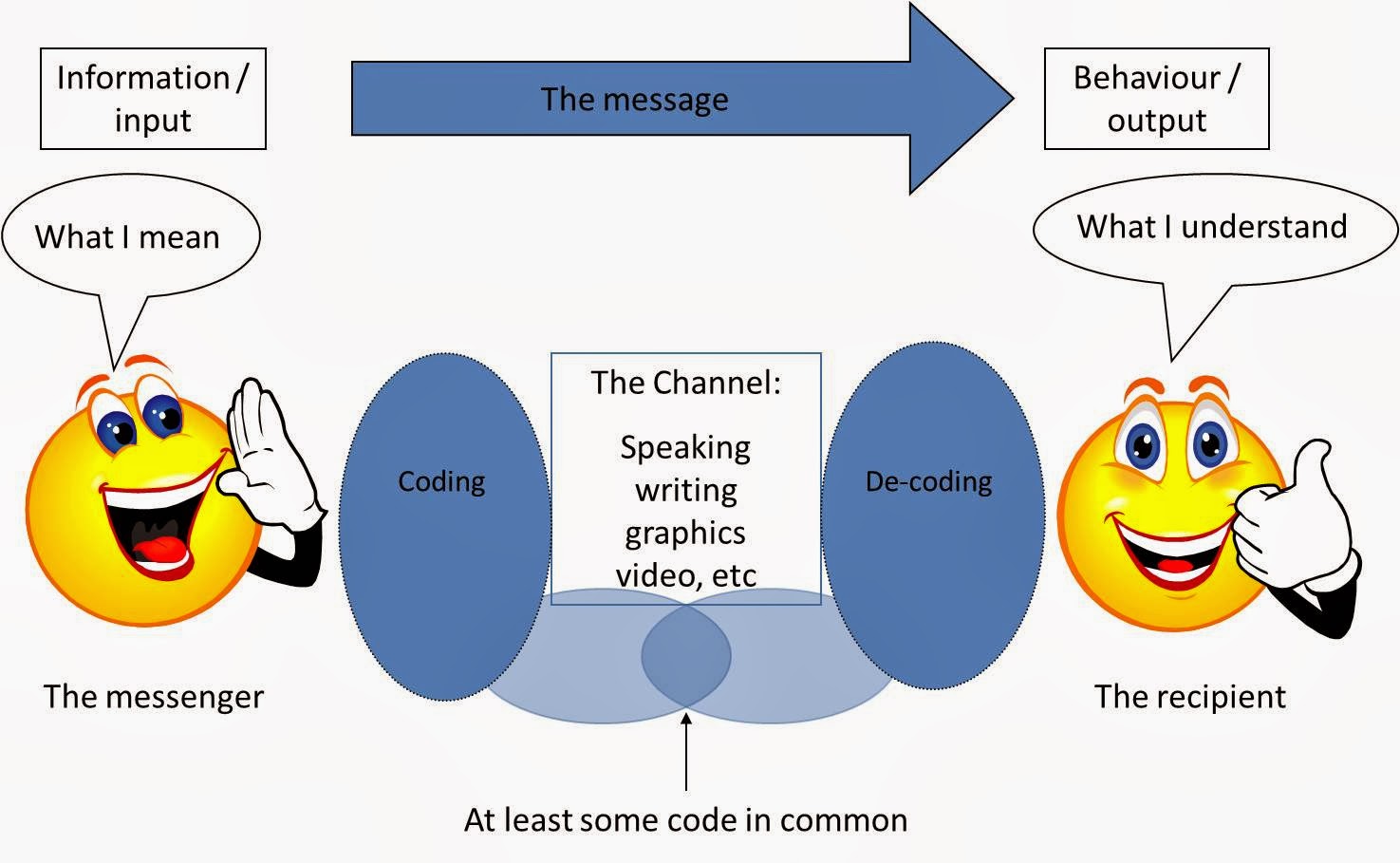Conscientization in Education: Concept, Application, and Challenges
1. Introduction to Conscientization
- Definition:
The process of developing a critical awareness of one's social reality
through reflection and action
- Origin:
Developed by Brazilian educator and philosopher Paulo Freire
- Key
text: "Pedagogy of the Oppressed" (1968)
2. Paulo Freire: Pioneer of Conscientization
- Born:
September 19, 1921, in Recife, Brazil
- Died:
May 2, 1997, in São Paulo, Brazil
- Background:
Educator, philosopher, and influential theorist of critical pedagogy
- Major
contributions: Developed theories on the relationship between education,
politics, imperialism, and liberation
3. Core Concept of Conscientization
- Critical
consciousness: Developing a deep understanding of the world and
social/political contradictions
- Praxis:
The combination of reflection and action to transform the world
- Dialogue:
Essential component in the process of learning and knowing
- Liberation:
The ultimate goal of conscientization is to free people from oppression
4. Characteristics of Conscientization
- Active
participation of learners in the educational process
- Emphasis
on dialogue and problem-posing education
- Focus
on real-world issues and experiences of the learners
- Development
of critical thinking and analytical skills
- Encouragement
of social and political awareness
- Promotion
of individual and collective empowerment
- Rejection
of the "banking model" of education (where students are passive
recipients of knowledge)
5. Stages of Conscientization (according to Freire)
- Magical
consciousness: Acceptance of life circumstances as fate or God's will
- Naive
consciousness: Recognition of problems but without systemic analysis
- Critical
consciousness: Deep understanding of social, political, and economic
contradictions
6. Applying Conscientization to Modern Education
- Use
of problem-posing methods in classroom discussions
- Integration
of students' life experiences into the curriculum
- Encouragement
of critical analysis of social and political issues
- Promotion
of student-led research and community projects
- Use
of participatory action research methodologies
- Implementation
of democratic classroom practices
- Emphasis
on literacy as a tool for social empowerment
7. Practical Strategies for Conscientization in Education
- Thematic
investigation: Identifying generative themes from students' lives
- Codification:
Representing these themes through images, stories, or other media
- Decodification:
Critically analyzing these representations to uncover deeper meanings
- Praxis:
Engaging in reflective action based on new understandings
- Dialogue
circles: Facilitating open discussions on social issues
- Community
mapping: Identifying local resources and challenges
- Critical
media literacy: Analyzing media representations and their social
implications
8. Challenges of Implementing Conscientization
- Resistance
from traditional educational systems and policymakers
- Difficulty
in measuring and assessing critical consciousness
- Potential
conflict with standardized testing and curriculum requirements
- Risk
of imposing the educator's views on students
- Balancing
critical awareness with hope and empowerment
- Time
constraints in addressing complex social issues
- Ensuring
emotional safety when discussing sensitive topics
- Preparing
teachers to facilitate conscientization effectively
9. Criticisms of Conscientization
- Accusations
of political indoctrination
- Concerns
about cultural imperialism when applied across different contexts
- Challenges
in adapting the approach to diverse learning styles
- Potential
neglect of basic skills in favour of critical awareness
- Questions
about the universality of Freire's ideas across cultures
10. Impact of Conscientization on Educational Theory
- Influence
on critical pedagogy and social justice education
- Contributions
to adult education and literacy programs
- Impact
on community development and participatory research
- Influence
on educational policies in developing countries
- Contributions
to theories of transformative learning
11. Conscientization in the Digital Age
- Use
of social media for critical dialogue and awareness-raising
- Application
of conscientization principles to digital literacy
- Challenges
and opportunities of online learning environments
- Potential
of technology to connect global communities for social action
- Critical
analysis of the digital divide and technological inequalities
12. Relevance of Conscientization in Today's World
- Addressing
global issues like climate change, inequality, and human rights
- Promoting
active citizenship and democratic participation
- Combating
misinformation and developing media literacy
- Fostering
intercultural understanding and global solidarity
- Empowering
marginalized communities through education
13. Significance for Students
- Understanding
the role of education in social transformation
- Developing
skills to facilitate critical thinking and dialogue
- Reflecting
on power dynamics in educational settings
- Preparing
to address diverse student experiences and perspectives
- Recognizing
the ethical responsibilities of educators in shaping society
.png)


Comments
Post a Comment